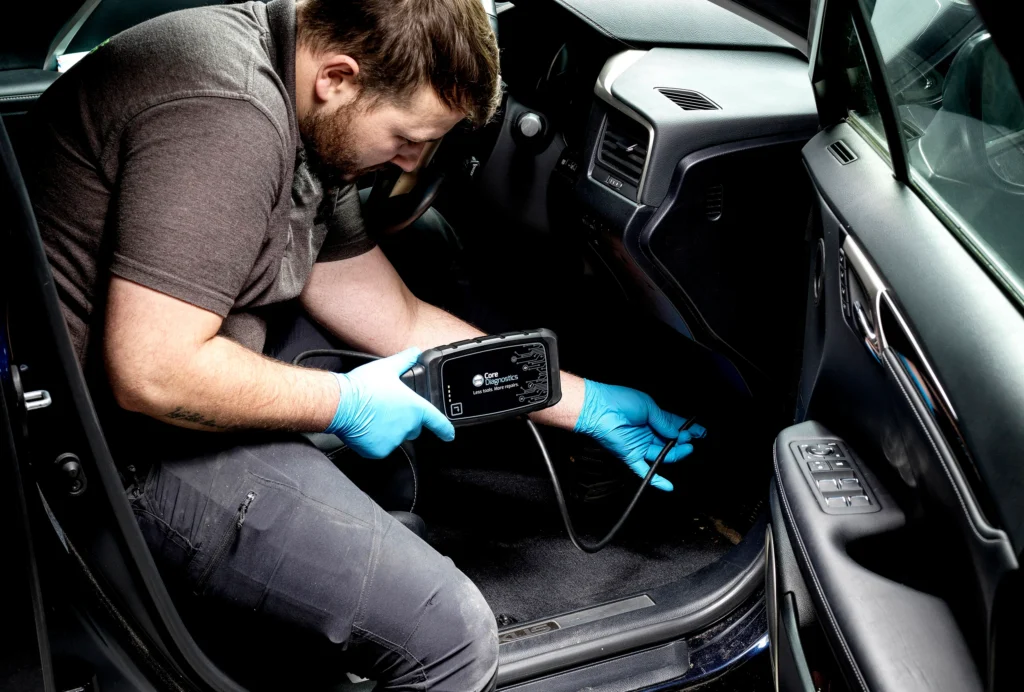[vc_row type=”in_container” full_screen_row_position=”middle” column_margin=”default” scene_position=”center” text_color=”dark” text_align=”left” overlay_strength=”0.3″ shape_divider_position=”bottom” bg_image_animation=”none”][vc_column column_padding=”no-extra-padding” column_padding_position=”all” background_color_opacity=”1″ background_hover_color_opacity=”1″ column_link_target=”_self” column_shadow=”none” column_border_radius=”none” width=”1/1″ tablet_width_inherit=”default” tablet_text_alignment=”default” phone_text_alignment=”default” overlay_strength=”0.3″ column_border_width=”none” column_border_style=”solid” bg_image_animation=”none”][vc_column_text]Business rates are currently a fact of life, and can represent a large percentage of regular business outgoings. Unfortunately, these have likely gone up from 1 April 2023. Here is what you need to know.
Background
All business properties have a ‘rateable value’ assigned to it by the Valuation Office Agency (VOA), who are part of HM Revenues and Customs. This value is then used by your local council to calculate how much business rates you should pay.
The VOA reassess all property values to reflect changes in the property market and ensure that the assessments remain accurate and up to date. The current rateable values are based on the 1 April 2021 valuation and have recently come into effect 1 April 2023.
How to check and challenge your business rates valuation.
When valuing your property, the VOA will have based their assessments on the assumptions regarding the properties use that they hold. It is important to check that these assumptions are accurate, and where possible correct them.
Incorrect assumptions can lead to you paying hundreds or thousands of extra pounds in business rates over the next 3 years.
There are generally two processes you can follow:-
- Check and challenge yourself using the Government service.
- Appoint a third-party agent to challenge on your behalf.
Check and challenge yourself.
We would encourage all members to at least check their business rates valuation account. The Government has set up an online process to allow businesses to check their rateable valuation and the assumptions upon which it is based. You are then able to either confirm if the details held are correct or challenge the rateable value if you think it is too high.
The Check and Challenge service provided by the Government is designed to be user friendly and the majority of businesses should be equipped to navigate this service and obtain any savings in full.
Further details can be found at
https://www.gov.uk/government/collections/check-and-challenge-step-by-step
Appoint a third-party agent.
We would advise against the use of a third-party agent. The majority of businesses should be equipped to navigate this service and obtain any savings in full without incurring the costs of a third-party agent.
That said, it is a business’s responsibility to correct any inaccuracies in the rateable valuation. Where a business is unable to check its valuation for any reason, appointing a third-party agent to do so on their behalf can obtain savings that would not otherwise have been given.
When appointed, a third-party agent acts on a business’s behalf to challenge any valuation with the VOA. This service can be provided either for an upfront fee, as a percentage of any savings obtained, or a combination of both upfront fees and a percentage of the savings made.
Significant caution should be exercised when appointing a third-party agent. Before appointing a third-party agent, members are strongly advised to review the terms and conditions being offered. Particular attention should be paid to :
- the upfront fees being charged,
- the percentage of any savings that will become due, and
- the period for which these charges will be made.
It is important to note that in a business-to-business contract the law provides minimum protections well below those of a consumer contract. There are no general cooling off rights or protection against legal but bad deal. Once you have agreed to a set of terms and conditions it is very unlikely that you will be able to cancel them or change them.
Do not proceed unless you are 100% happy to be bound by the terms that are being offered.
Where a percentage of any savings are charged, members should expect the contracts to refer to ‘business rate/rateable periods’. Before 2023 business rates were assessed every 5 years. From 2023 the plan is for them to be assessed every 3 years. If terms and conditions refer to multiple periods, then any payments may be due for 6 or more years. Where possible any contract should be limited to the current period only (2023-2026).
Members should be highly suspicious of any third-party agents, particularly any who cold call them. RMI members have had significant issues at past valuations. There are unscrupulous agents who will either fail to undertake their duties with sufficient care or charge significant percentages of any savings obtained or make charges for an excessive period of time.
In Conclusion
In these times of high costs, any savings can be a lifeline. Your businesses rateable value is one area where it pays to ensure the information held is correct.
If you are concerned about the business rates further information can be found at the VOA and at your local council.
https://www.gov.uk/government/organisations/valuation-office-agency
https://www.gov.uk/find-local-council
Don’t forget, this advice is general in nature and will need to be tailored to any one particular situation. As an RMI member you have access to the RMI Legal advice line, as well as a number of industry experts for your assistance. Should you find yourself in the situation above, contact us at any stage for advice and assistance as appropriate.
Motor Industry Legal Services
Motor Industry Legal Services (MILS Solicitors) provides fully comprehensive legal advice and representation to UK motor retailers for one annual fee. It is the only law firm in the UK which specialises in motor law and motor trade law. MILS currently advises over 1,000 individual businesses within the sector as well as the Retail Motor Industry Federation (RMI) and its members.
[/vc_column_text][/vc_column][/vc_row]




